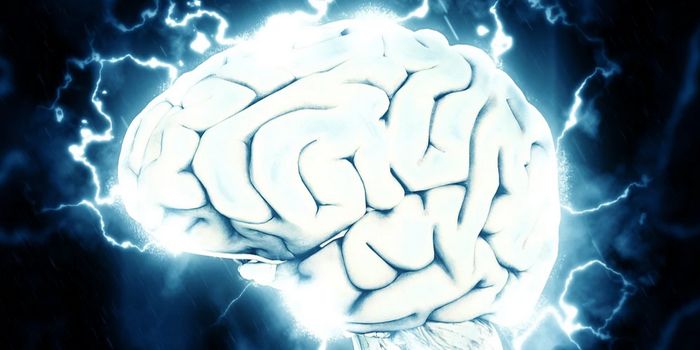Unclogged: Constipation Drug May Stimulate Memory and Cognition
Repurposing drugs opens up therapeutic possibilities. A recent Labroots article reported on research that leverages machine learning to identify drugs and drug combinations for patients with coronary artery disease. As Ping Zhang, lead author of that study explained, “This work shows how artificial intelligence can be used to ‘test’ a drug on a patient, and speed up hypothesis generation and potentially speed up a clinical trial.” New research from University of Oxford shows that a drug typically prescribed for constipation may improve memory and cognition, which are often diminished or compromised by depression and other psychiatric disorders.
Prucalopride, typically prescribed for constipation, targets one of the serotonin receptors, 5-HT4. SSRI antidepressants work by binding to the neurotransmitter, serotonin. For example, the antidepressant paroxetine (Paxil) binds to 5-HTP(2A).
Researchers using non-human animals have already found the promise of improved cognitive function in drugs which bind to 5-HT4 . Concerns about side effects, however, have previously prevented investigating this promise in humans. But, since prucalopride has already been shown to be safe for humans, the Oxford researchers tested the drug on 44 healthy volunteers, ranging in age from 18-36-years old.
23 trial participants received prucalopride for six days, while 22 received a placebo. All subjects were shown a variety of images, after which they were shown the same and similar images while their brains were scanned by fMRI. After the scan, the volunteers completed a memory test.
“Participants who had taken prucalopride for 6 days performed much better than those receiving placebo on the memory test,” reported lead researcher, Angharad de Cates. “The prucalopride group identified 81% of previously viewed images versus 76% in the placebo group. Statistical tests indicate that this was a fairly large effect – such an obvious cognitive improvement with the drug was a surprise to us”.
The results are particularly exciting, given that successful treatments for depressive disorders do not always include improvement of cognitive symptoms, such as memory. As senior author, Susannah Murphy explains, “Even when the low mood associated with depression is well treated with conventional antidepressants, many patients continue to experience problems with their memory.”
Dr. de Cates plans further research with both prucalopride and 5Ht4 drugs that trigger serotonin responses. The hope is that the findings from the study with healthy subjects can be replicated in those suffering from cognitive disfunction.
Sources: NeuroscienceNews, Translational Psychiatry









